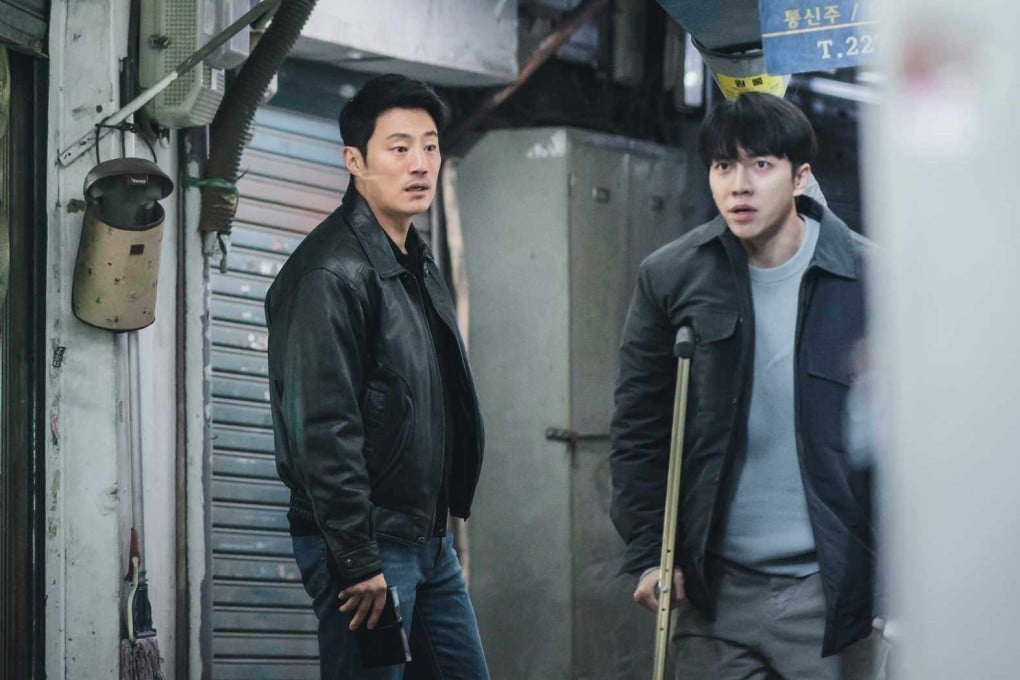K-drama midseason recap: Mouse – serial killer drama devolves into hysterical gobbledegook
- Though fun at times, all logic and ethics behind the story and decision-making in TVN’s serial killer drama are at best utterly preposterous
- The series also becomes a lot harder to follow when events, locations and characters interact with an increasing lack of rhyme or reason

Following a scattershot opening, the manic and maddening Mouse, a serial killer drama from South Korean television network TVN, briefly came into focus in its third week. Yet that clarity proved to be a double-edged sword, as it only made it easier to parse the show’s weaknesses. In any case, the wobble soon returned and the wheels all but came off again as the weeks wore on.
Mouse features Lee Seung-gi as patrol cop Jung Ba-reum, who teams up with the gruff and alcoholic homicide detective Go Moo-chi (Lee Hee-joon) to track down a serial killer who slaughters his victims and leaves their corpses pointing towards crosses.
Last we met this mismatched duo, the serial killer had abducted a young boy and was forcing Moo-chi to stage a live broadcast on his friend Choi Hong-ju’s (Kyung Soo-jin) investigative TV report programme Sherlock PD.
Episode five is devoted to this broadcast, which sees Moo-chi attempt to solve the serial killings live on air. The killer calls in but Moo-chi and Ba-reum also record a fake video of the victim, a risky ploy which they’re called out on on air. Consequently, the broadcast is abruptly interrupted, then resumed by Hong-ju after she locks out the executives from the control room. The explosive episode ends with the murderer killing Moo-chi’s priest brother live on TV.
Though the logic and ethics behind the story and decision-making here are at best utterly preposterous, it’s a fun episode in which the stakes are raised and are more or less clear. Yet the same bulldozer mentality that drives this episode remains in evidence throughout the rest of the series, which becomes a lot harder to follow when events, locations and characters interact with an increasing lack of rhyme or reason.